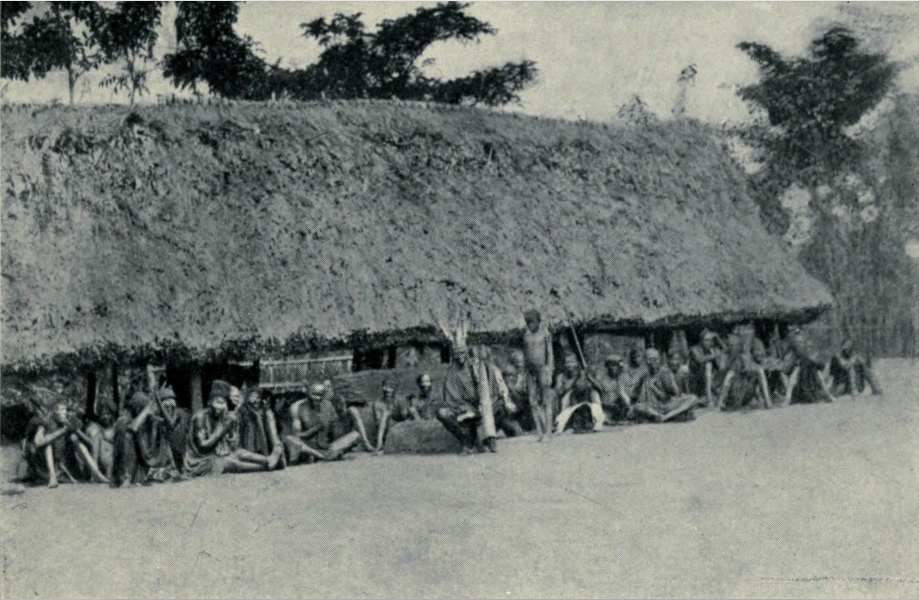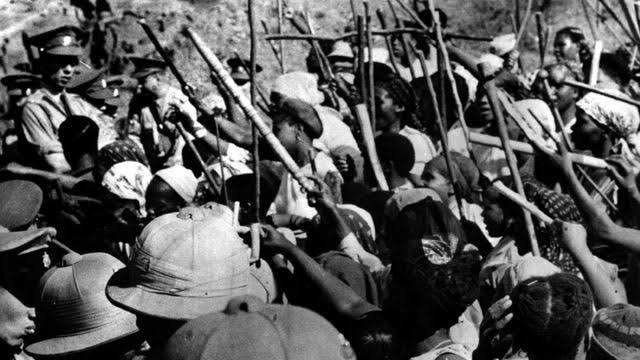
Ọ̀ràézè Ǹrì
In the heart of southeastern Nigeria, the ancient Kingdom of Nri flourished as a powerful medieval entity, extending its spiritual and political sway across vast swathes of Igboland, with the revered Eze Nri at its helm.
The kingdom (more or less a Priestdom) influenced a large population of Igbo people until it reached its peak in the 18th century, when it was encroached upon by the rise of the Benin and Igala expanding kingdoms, followed by the Atlantic slave trade, however the Kingdom still maintained its authority well into the 16th centur. Remnants of the Eze hierarchy persisted until the establishment of Colonial Nigeria in 1911, and it continues to exist as one of the traditional states within the Igbo cultural area.
Located in the southeastern region of Nigeria, specifically in present-day Anambra and Enugu States, the Kingdom of Nri was a powerful and influential medieval Igbo state that played a central role in the spiritual and political landscape of pre-colonial Igboland. From the 10th to the 15th century, Nri was a beacon of culture, learning, and authority, shaping the course of Igbo history.
At the helm of the kingdom stood the Eze Nri, a revered priest-king who served as both spiritual leader and temporal ruler. The Eze Nri was believed to possess divine authority, inherited through a sacred lineage. This unique blend of spiritual and temporal power enabled the Eze Nri to maintain balance and harmony within the kingdom.
The Eze Nri administered the kingdom, overseeing trade, diplomacy, and spiritual matters on behalf of the Nri people, a subgroup of the Igbo-speaking people. The kingdom’s governance structure was characterized by a complex system of chiefs, priests, and elders, ensuring effective decision-making and conflict resolution.
The kingdom was a haven for all those who had been rejected in their communities and also a place where slaves were set free from their bondage.
Nri was renowned for its sacred rituals and ceremonies, which maintained the balance of nature and ensured the fertility of the land. The Eze Nri performed sacred duties and religious sacrifices to appease the gods and guarantee prosperity.
The kingdom’s strategic location facilitated extensive trade networks with neighboring states and regions. The Eze Nri managed diplomatic relations, forging alliances and resolving conflicts to secure peace and stability.
As opposed to using force, Nri grew by the conversion of surrounding populations. It is stated that Eri, the royal founder of Nri, descended to Earth as a “sky being” and founded civilization.
One of the better-known remnants of the Nri civilization is manifested in the Igbo Ukwu artifacts. Nri’s culture permanently influenced the Northern and Western Igbo, especially through religion and taboos.
The Kingdom of Nri’s influence extended beyond its borders, shaping Igbo culture, politics, and spirituality. Its legacy can be seen in:
- Igbo traditional institutions
- Sacred rituals and ceremonies
- Artistic and architectural expressions
- Historical accounts and oral traditions
The Kingdom of Nri remains an essential chapter in Igbo history, exemplifying the complex interplay between spirituality, politics, and culture. Its impact continues to resonate, offering valuable insights into the rich heritage and resilience of the Igbo people.
Refferences:
- Catherine Obianuju Acholonu (2009). They Lived Before Adam: Pre-historic Origins of the Igbo – the Never-been-ruled (Ndi Igbo Since 1.6 Million B.C.),
- A. E. Afigbo (1981). Ropes of sand: studies in Igbo history and culture,




